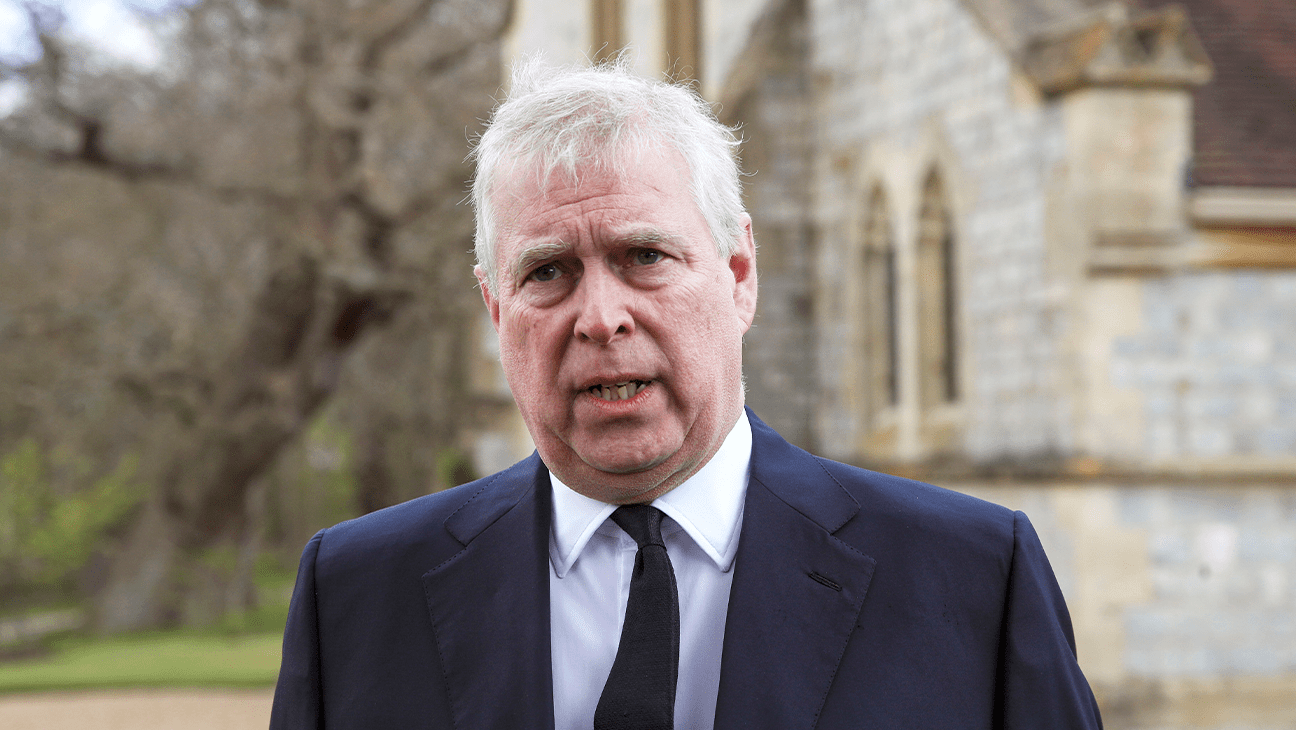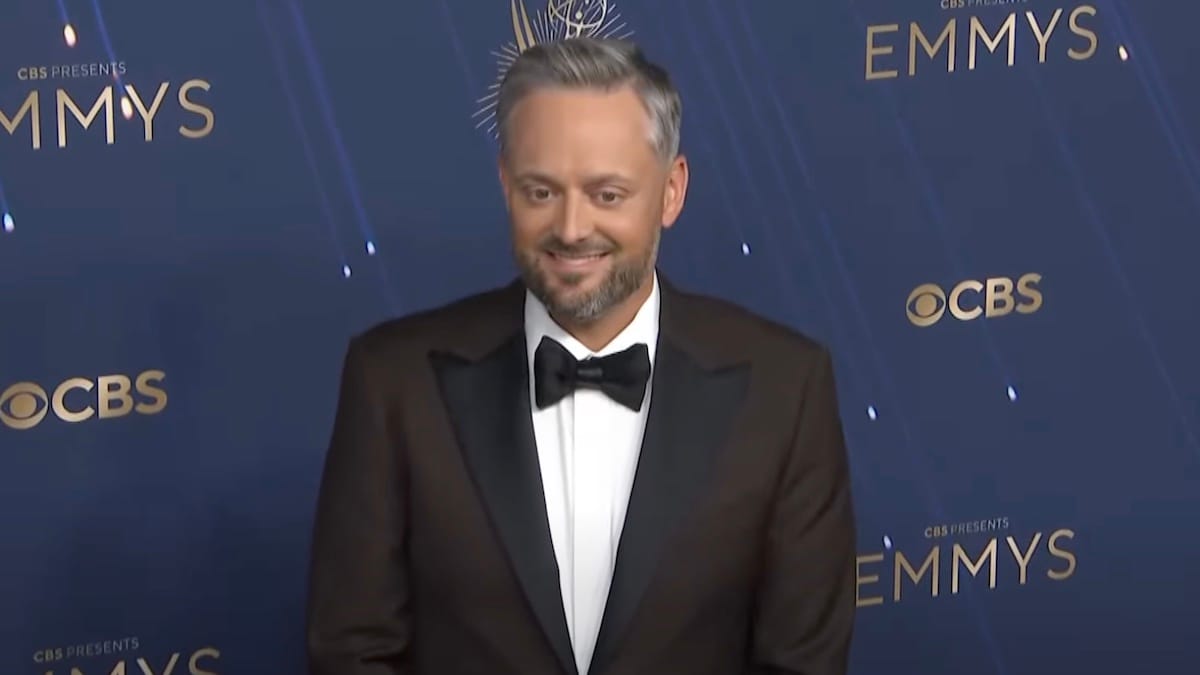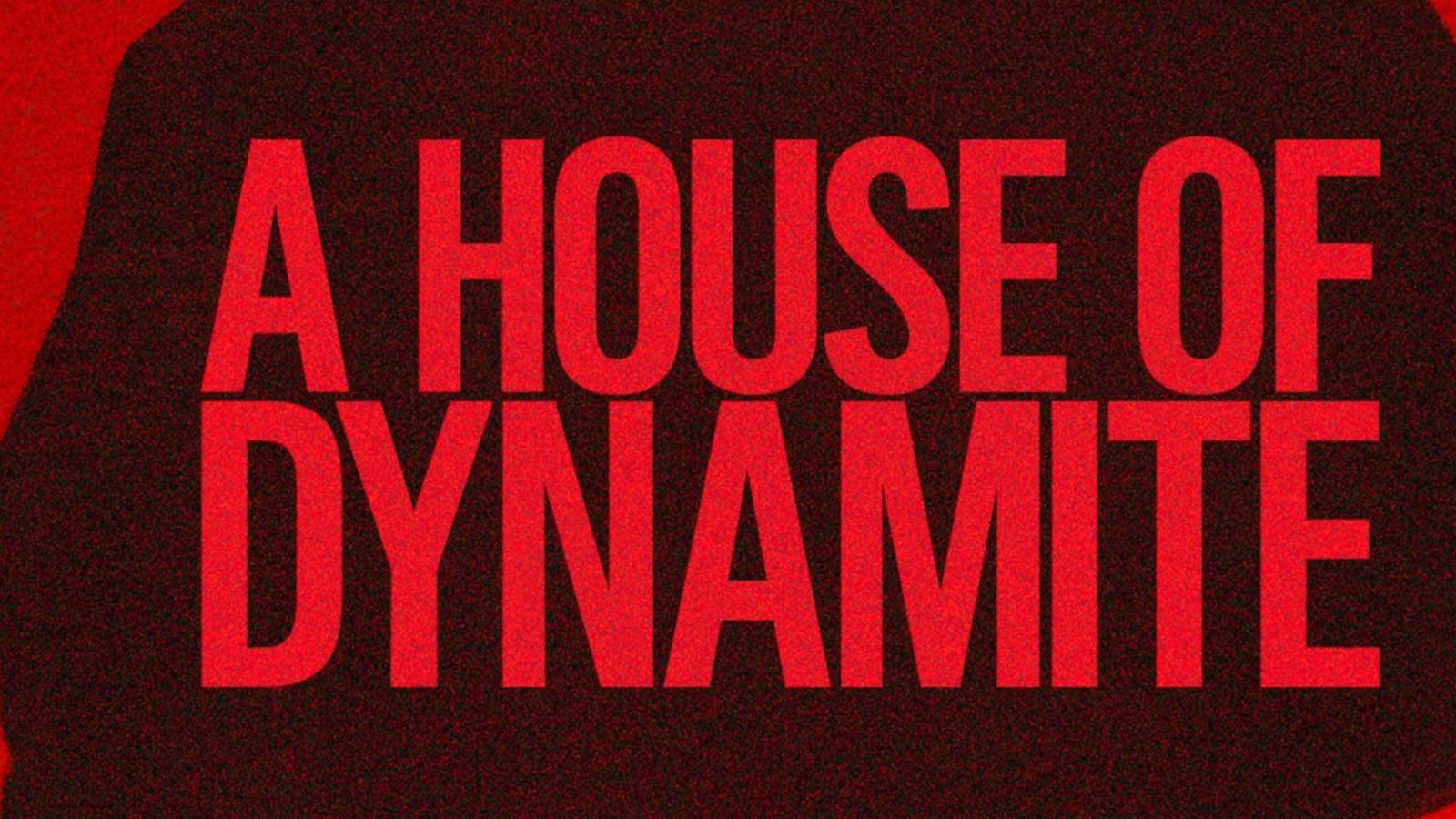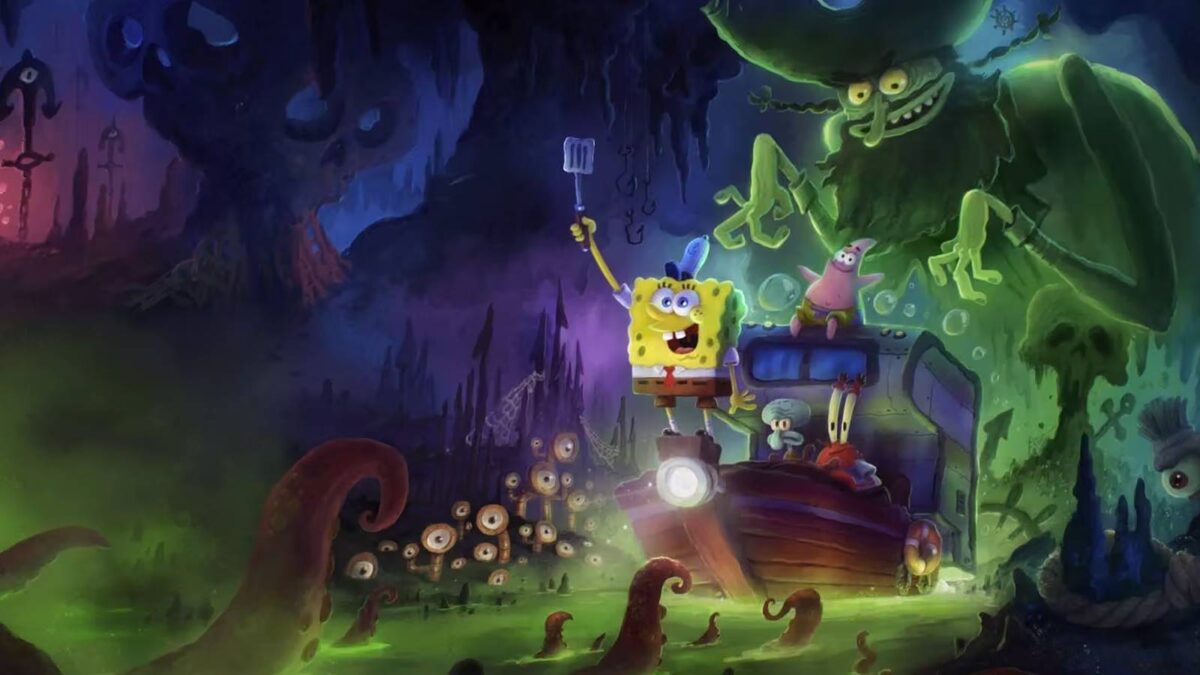
The Shakespeare Biopic That Led to Boycotts and Protests
Mar 29, 2024
Summary
Roland Emmerich attempted to expose William Shakespeare as a fraud in his film Anonymous, invoking disdain from history buffs and scholars.
The Oxfordian theory depicted in the film challenges the traditional idea that Shakespeare was the true author of his work, sparking controversy.
While Emmerich’s take on Shakespeare’s identity is intriguing, his interpretation disregards important aspects of literary and historical context.
Who better to give voice to an obscure literary conspiracy theory than the guy who makes action movies about giant lizards and invading aliens? Roland Emmerich was just the guy to expose William Shakespeare. For those non-native speakers, he’s the guy whose name is synonymous with excellence in writing. Emmerich was brimming with confidence back in 2011 when he made the film Anonymous. What could go wrong?
While it’s true that Shakespeare’s never really gone out of style, for most of us, interest in his life is usually relegated to two mandatory weeks in a high school classroom, stumbling through his sonnets and Googling what the heck “impeticos” means. Emmerich, for all his low-brow obsessions with CGI and moral absolutes, did venture out of his comfort zone for a historical political epic set in the Elizabethan period in England, focusing on no other than The Bard himself, Bill Shakespeare. No, your English teacher was not amused. This wasn’t a loving biopic in the style of Shakespeare in Love, this was an all-out assault on his character and legacy. The brash German director was taking on no less than the most respected figure in all of English Literature. It didn’t go well.
Historians look at this authorship theory the same way archaeologists judge the Baghdad Battery or ancient aliens … with nothing but scorn and quietly simmering rage. If you don’t catch all the Shakespearean references in this article, shame on you for falling asleep during class, because you sure won’t learn anything of value from Emmerich’s irreverent revisionist take on history. Does Anonymous reveal some crucial information that could alter our view of history forever? Or is the film desperately clutching at straws?
Roland Emmerich Challenges the Shakespeare Canon
Boasting a cast filled with a roster of some of the finest British actors available, including Rhys Ifans as the protagonist Edward de Vere, Vanessa Redgrave playing Queen Elizabeth, David Thewlis as William Cecil, and Rafe Spall as Shakespeare, the film was a glossy if bombastic take on the life of Shakespeare, full of intrigue and grandiose cover-ups with all the trappings of a cheesy soap opera. At the end of the day, no matter who’s in it, it was still a Roland Emmerich epic. But had it been only that, a lush period piece, no one would ever have noticed. He had a unique angle.
When the John Orloff script landed on Emmerich’s desk, the director had found himself in quite the rut, making Godzilla, Independence Day, and The Patriot, pop-corn flicks at best, and nothing that anyone would deem intellectually stimulating. So, his interest was piqued by the daring examination of the personality we know as Shakespeare. The film leaves little doubt that Edward De Vere, the Earl of Oxford, was the real author of Shakespeare’s artistic output. Shakespeare in the film is merely a buffoon who takes the credit, all this indebted to an old conspiracy theory from the nineteenth century known as the Oxfordian theory. Of course, the traditionally accepted tale we believe is derisively referred to by conspiracy theorists as the “Stratfordian theory,” the phrasing constructed to imply these two theories possess equal scholarship supporting them.
Related The 15 Most Historically Inaccurate Movies Ever Made Taking liberties with the facts is just part of Hollywood, though these supposedly historical movies play fast and loose with the truth.
Various challengers to the historical account credit various writers with actually creating the revered Shakespeare canon. The evidence for this revisionist history is dodgy, resting on circumstantial evidence relating to messy signatures, spelling inconsistencies on his folios, a lack of verifiable documents, a family plagued by illiteracy, and, most notably, a suspicious familiarity with nobility from a man who was middle-class. Roland Emmerich didn’t hide from the controversy but relished the chance to promote what he deemed a more credible explanation.
The Revenge of the Nerds
For all his efforts to enlighten (or indoctrinate, depending on who you ask) the students of the English-speaking world to Shakespeare’s fraudulent claims, academics sneered back. The condemnation was swift and nearly universal. Columbia professor James Shapiro called it a sickening display of ignorance posing as scholarship, and that few if any reputable Shakespearean scholars actually put any stock in the fringe theory and explained why. Back in the Victorian times, this iconoclastic idea gained traction because it reinforced the stereotype that only the nobility could make great art, not commoners.
Local residents of Shakespeare’s home area of Warwickshire and Stratford-upon-Avon put up a subtle middle finger in outrage protesting the slanderous film, claiming Emmerich’s Anonymous was nothing but sound and fury. Emmerich wasn’t done inciting the mob of angry Shakespeare fanboys, English professors rolling up the sleeves of their tweed jackets to join in the beatdown, taking offense to Sony sending out educational material linked to the film to teachers. Emmerich countered, trying to take the high ground as some kind of martyr, in an interview with The Guardian.
“They think I did a disservice to school teachers worldwide. And I’m saying, ‘When did it happen that we started teaching dogma?’”
In Emmerich’s view, the most angry reaction came from Shakespearean academics, whom he considered part of a cabal of charlatans, only concerned about their own racket, selling the established narrative, and comparing them to Stratford tourist traps selling Bard key fobs and shot glasses. Emmerich’s loathing of critics was mutual. Ask any credible source on the subject, and they’ll reiterate that Emmerich is proof that not all jesters prove prophets.
Related Best Movies About Deep State Conspiracies, Ranked Sometimes in films, as in life, you can’t trust the government and authorities. These are the best conspiratorial thriller movies.
The Anti-Climactic Reality of Shakespeare’s Life and Work
Unfortunately for the director, Emmerich was now on the historians’ turf and badly out of his element. The main conceit of the theory and foundation, that a commoner with no coat-of-arms is incapable of making great art was shot down by scholars. They note that it was not rare for children of middle-class merchants to be exposed to very good education and learn Greek and Latin in order to read the classics. As Stanford professor Ruth Kaplan wrote back in 2011:
“What astonishes me here is not the movie’s historical ignorance, but its ridicule of the very idea of social mobility. Shakespeare’s desire to raise his social status is represented as vulgar.”
In educational materials provided to schools by Sony, the pamphlet states that it is right to question William Shakespeare as an artist because he was “a mere grammar school graduate,” therefore could have written anything of value, and “was only a stand-in for a better educated author.” You can already see the flaws in the theory, the pamphlet name-dropping Mark Twain as a doubter, himself an impoverished rural writer who dropped out of high school, as did Charles Dickens who is also mentioned as a fellow doubter of great esteem. If you think that college is necessary for literary greatness, tell that to George Bernard Shaw or William Faulkner. If only Roland Emmerich could have time-traveled to warn the Nobel Prize folks that they were too dumb for that honor.
The truly amusing part of this literary war for the soul of England’s heritage? Neither Emmerich nor the Oxfordian theory takes into account the lack of copyright laws in the period. Stealing others’ work wasn’t even that shocking or illegal. At the risk of raining on the parade of everybody, Shakespeare famously adapted (some could argue plagiarized is a better word) plots whole cloth, rendering the entire debate utterly pointless.
When Emmerich and his ilk bemoan Shakespeare for his implausible knowledge of far-flung places he’s never been, it’s worth noting that both Othello and Romeo & Juliet were rewritten Italian melodramas existing long before he was born, and in numerous forms, Anthony and Cleopatra was a dramatized version drawn from Plutarch’s painstakingly-detailed historical accounts, and Hamlet was a retelling of a real Danish historical figure. Much of that research was already completed by others, spurring some modern academics to reappraise him as a script doctor of sorts as much as an author.
If we are being painfully truthful, Emmerich is correct in the broad sense. He’s just wrong about literally every other detail of Shakespeare’s life and seventeenth-century literary culture. Shakespeare’s authorship is in question, but not for the reasons that Roland Emmerich nor his fellow conspiracy theorists think. The historical person we call William Shakespeare didn’t technically think up all the work that bears his name as much as he re-wrote them. Why the director didn’t explore that aspect of his life story is obvious. It’s not that interesting, and Emmerich revels in the spectacle. It was either a super-secret conspiracy or a UFO blowing up The Globe Theatre with a space laser.
Anonymous is available to purchase from VOD services like YouTube and Amazon Prime Video.
Publisher: Source link
Springsteen: Deliver Me from Nowhere Review
There’s a point in Springsteen: Deliver Me from Nowhere where Bruce’s manager, Jon Landau (Jeremy Strong), plays the tape for his latest record, Nebraska. The Columbia Records executive (David Krumholtz) doesn’t understand what Springsteen is going for. It’s a more…
Nov 3, 2025
Angela Bassett Proves She’s the GOAT in the Best Athena Episode To Date
One of my very favorite things that 9-1-1 does is when the show has "begins" episodes that show flashbacks from the main characters' lives to show impactful moments in their careers as first responders. These episodes are typically about them…
Nov 3, 2025
The franchise’s funniest film to date
One of the reasons for the surprising longevity of the SpongeBob SquarePants franchise is in its main character’s very sponginess. Along with most other characters that reside in Bikini Bottom, SpongeBob (Tom Kenny) is stretched and molded, cut up, sliced,…
Nov 1, 2025
A Storm at Sea Without Depth
Simon Stone’s The Woman in Cabin 10 sails into familiar waters of psychological paranoia and maritime mystery, but it never quite finds its sea legs. Adapted from Ruth Ware’s 2016 bestselling novel, the film attempts to be both a sleek,…
Nov 1, 2025











